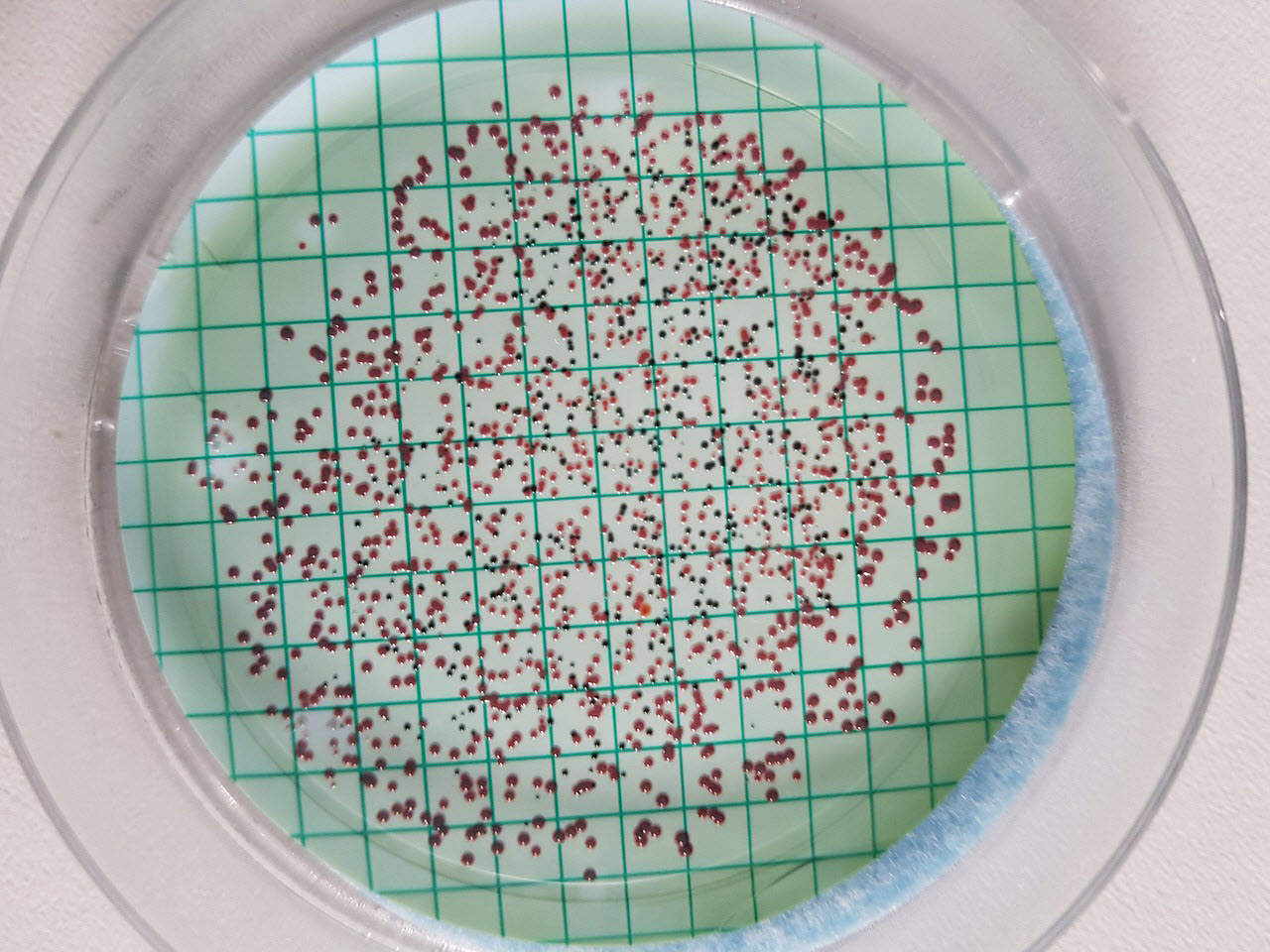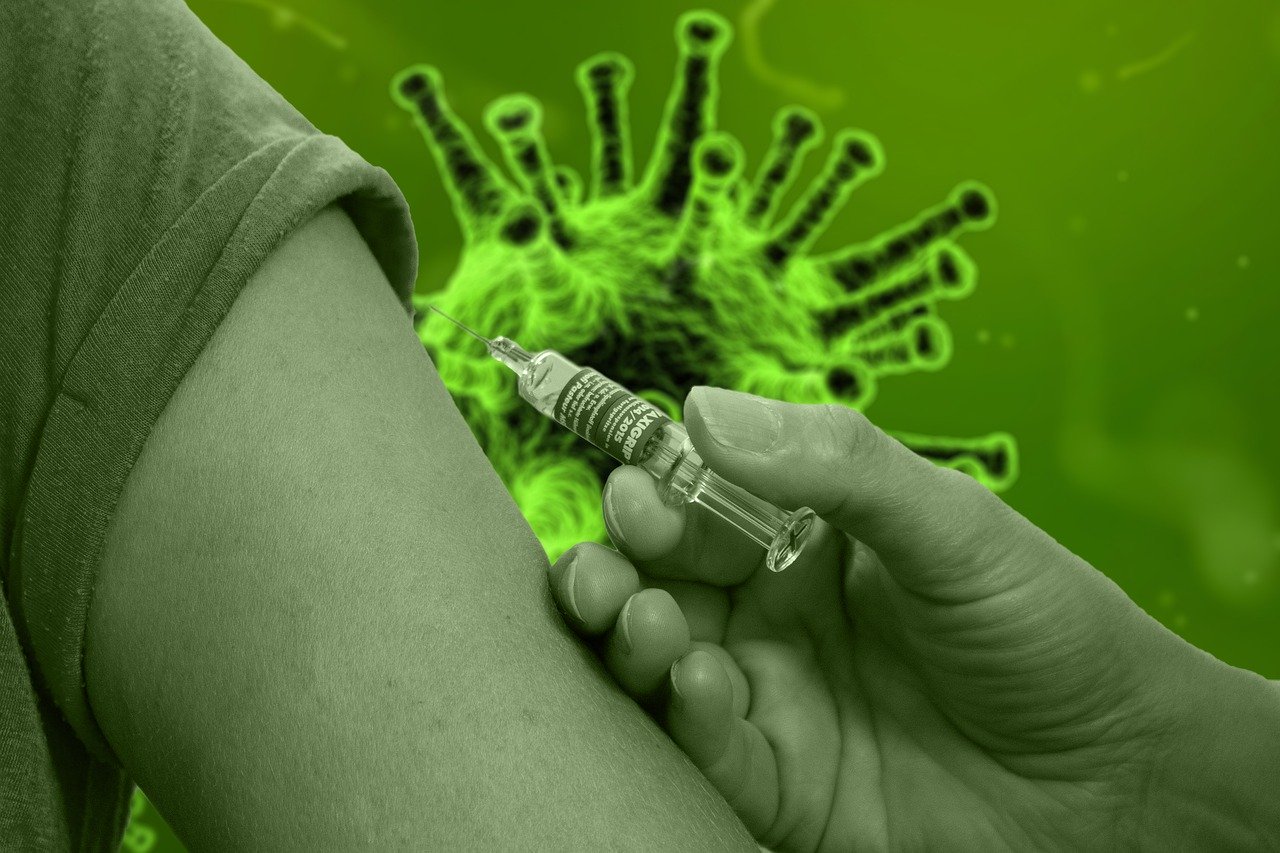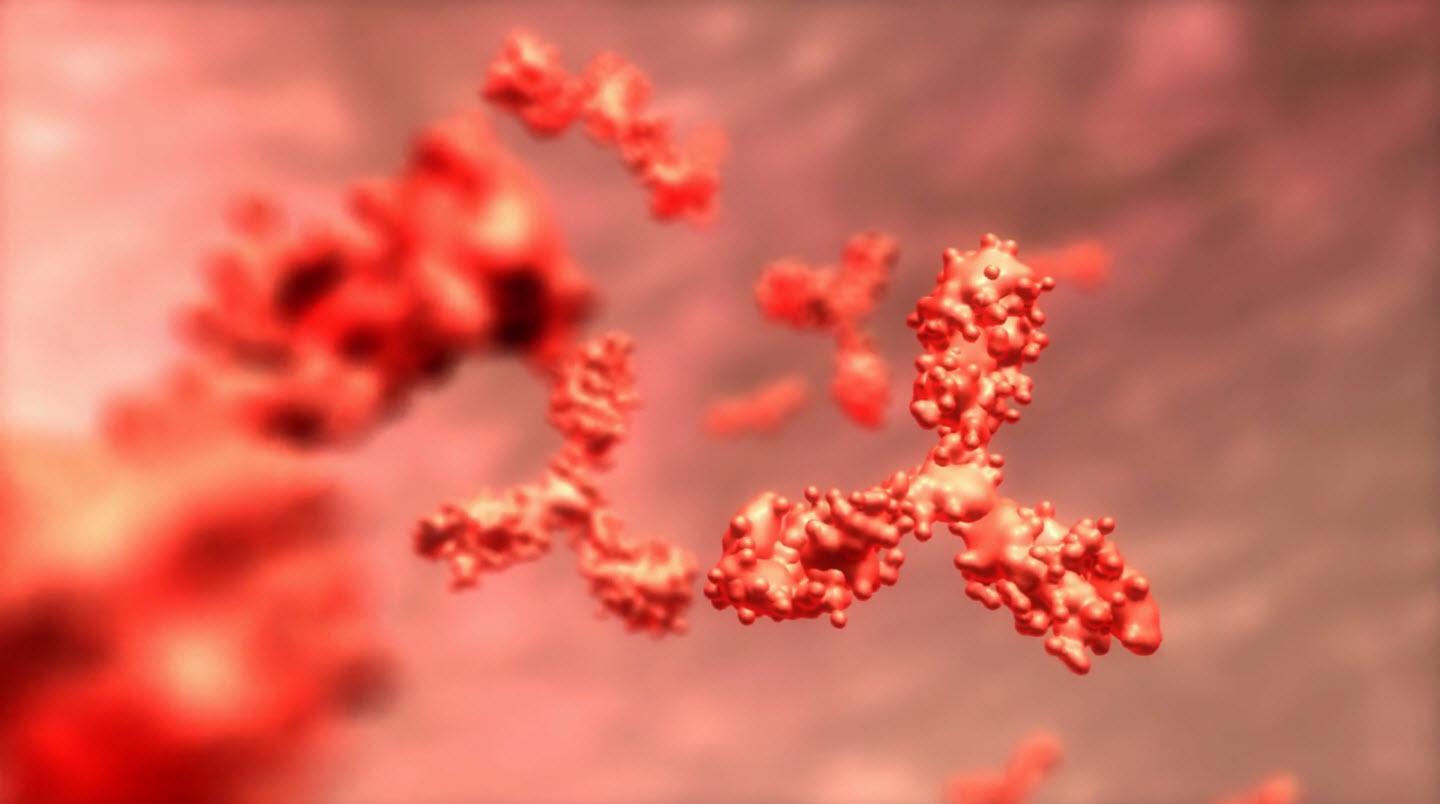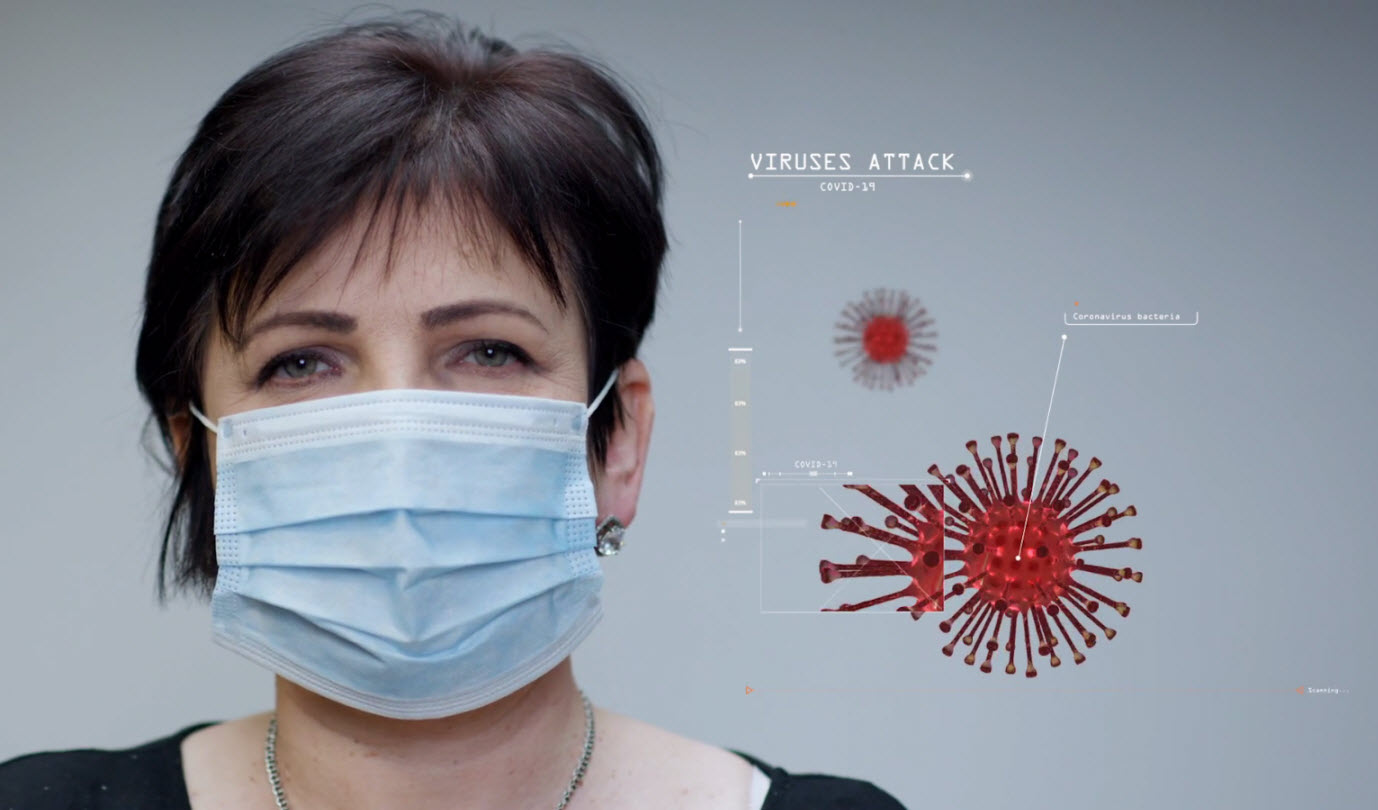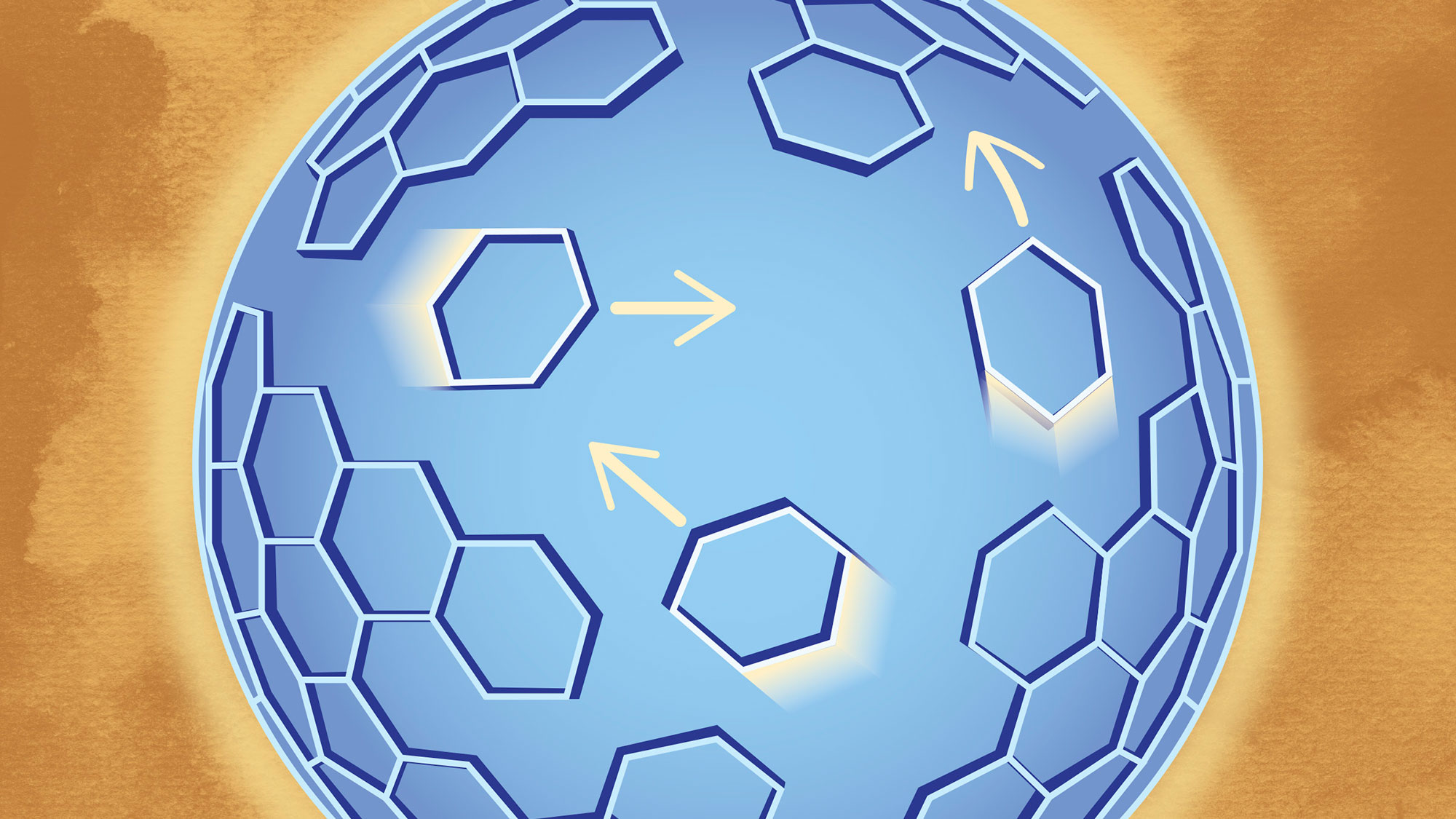Research News
-
-
-
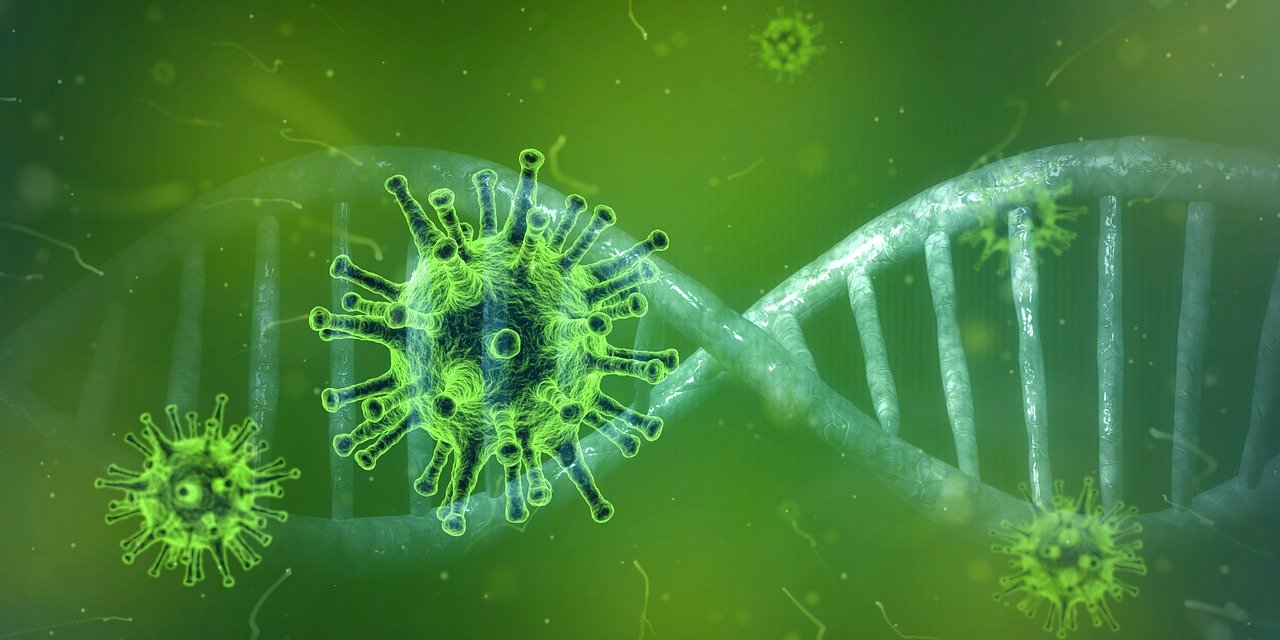
The use of antibiotics in people with COVID-19 could result in increased resistance to the drugs' benefits among the wider population, a new study suggests.
-
-
-
-
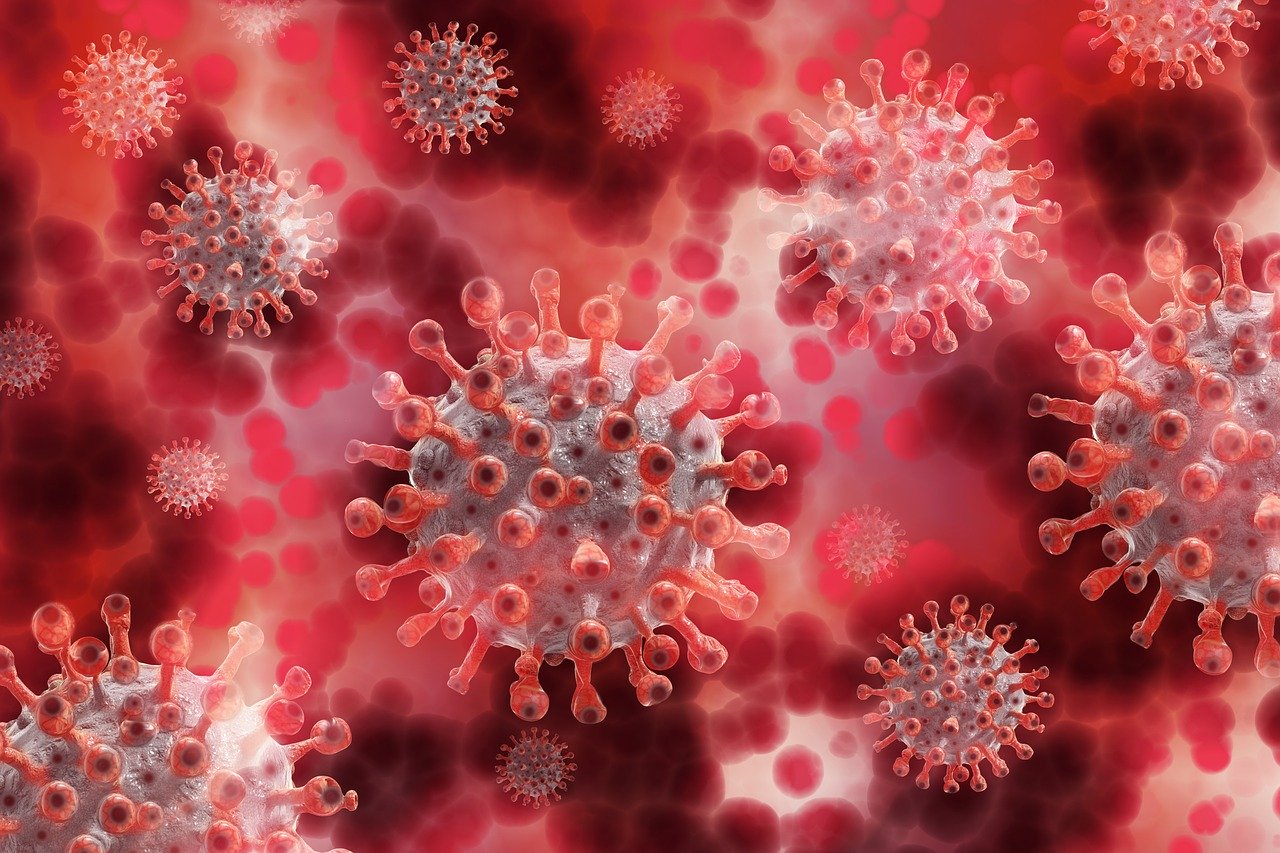
Scientists investigating the evolution of the virus that causes Covid19 say that its mutation seems to be directed by human proteins that degrade it, but natural selection of the virus enables it to bounce back. The findings could help in the design of vaccines against the virus.
-
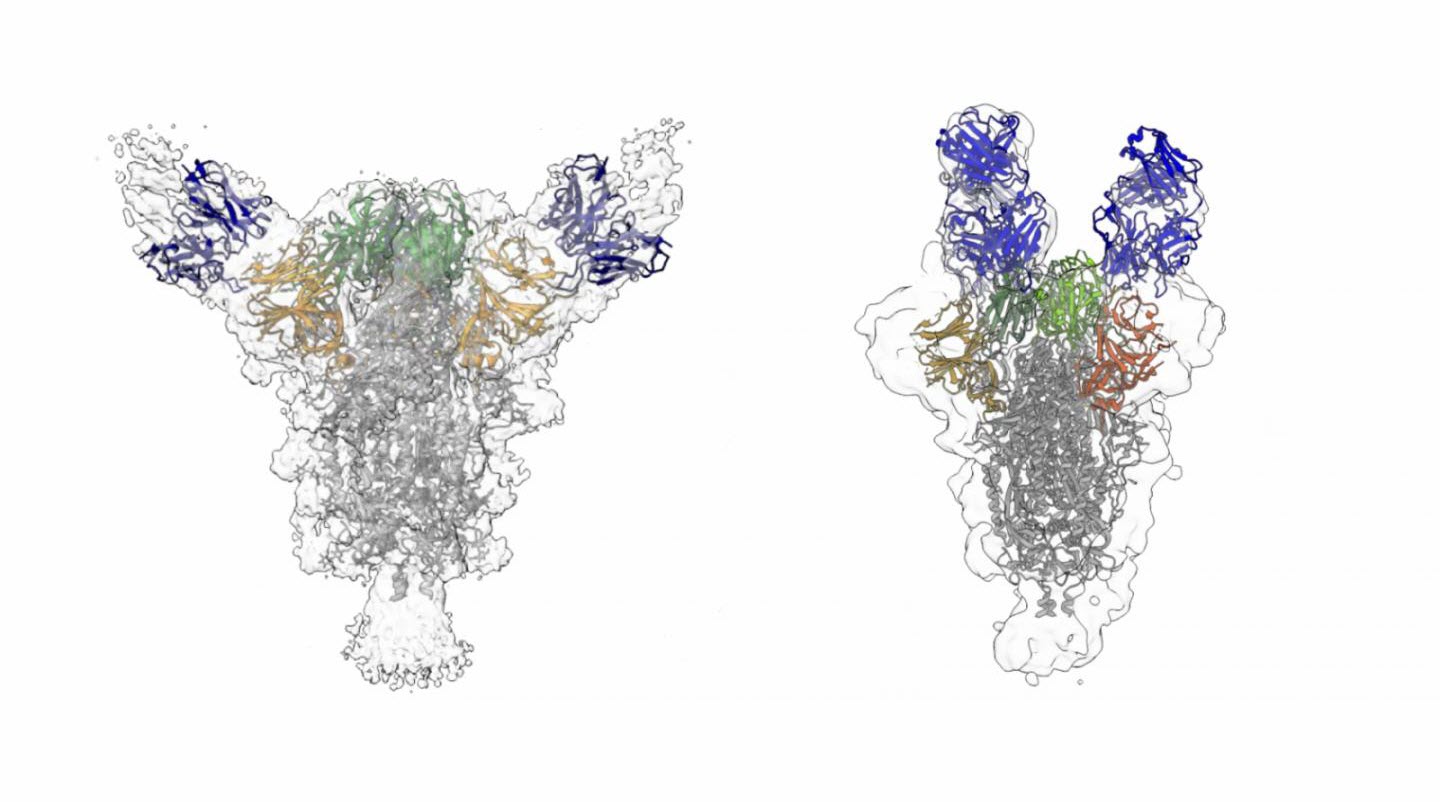
IMAGE: Cryo-EM reconstructions show how two different antibodies (blue) bind to the spike protein of the SARS-CoV-2 virus.
-
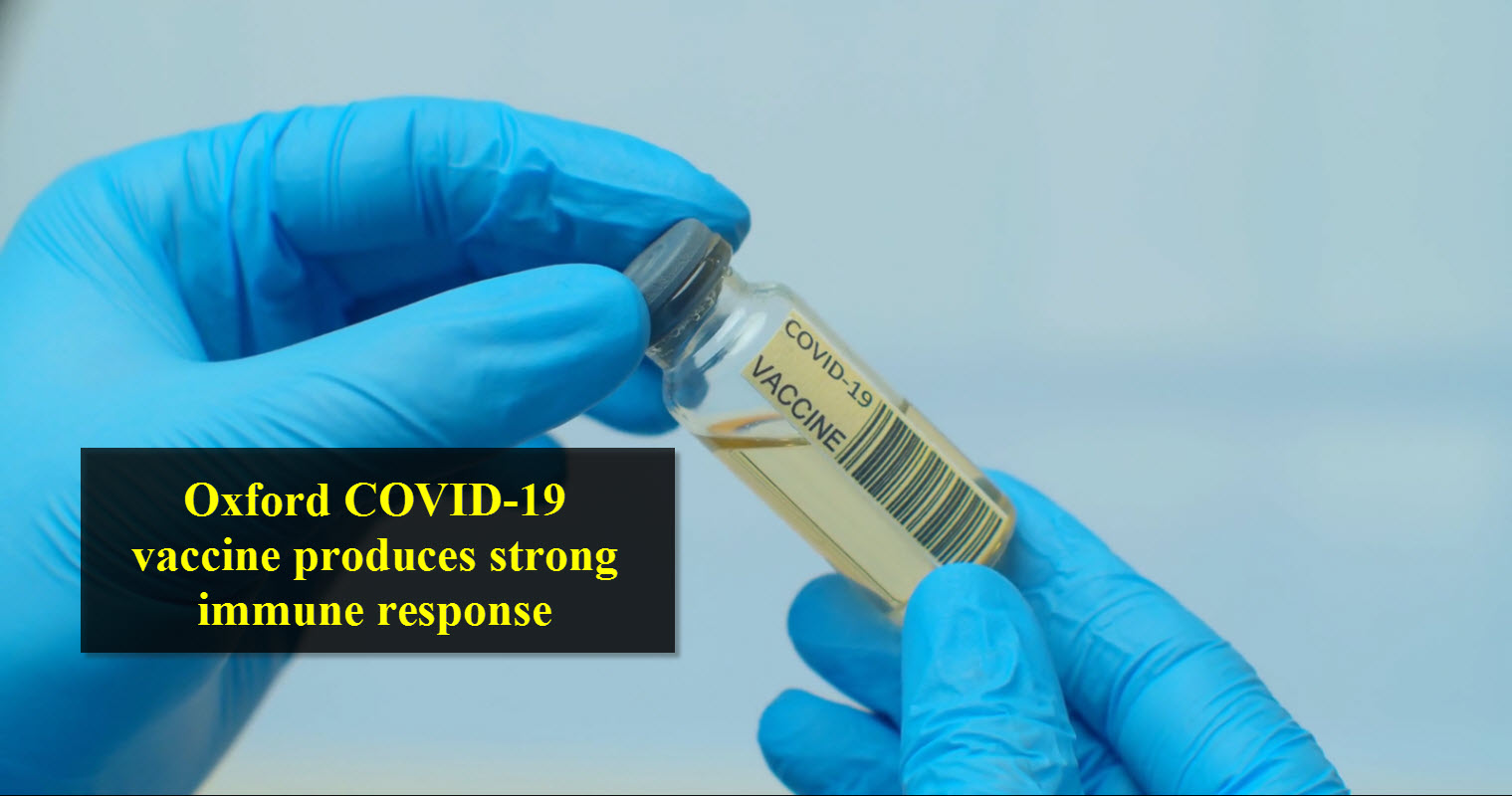
The results of the Phase I/II trial published in the scientific journal, The Lancet, indicate no early safety concerns and induces strong immune responses in both parts of the immune system.
-


